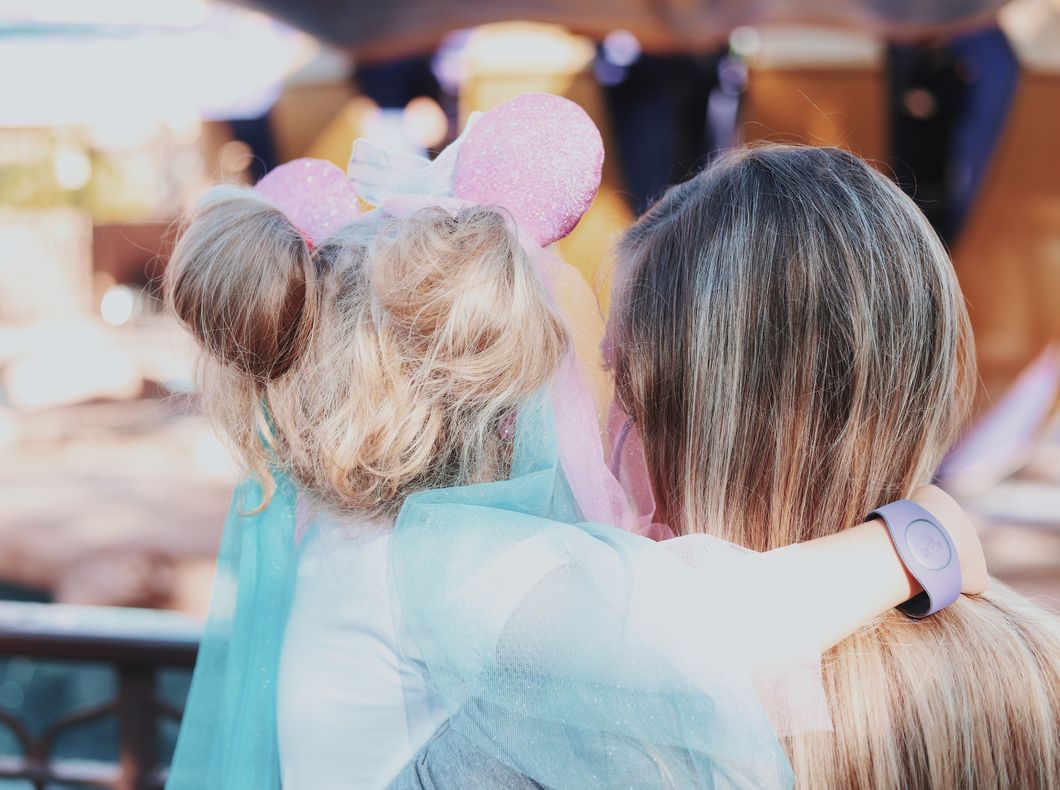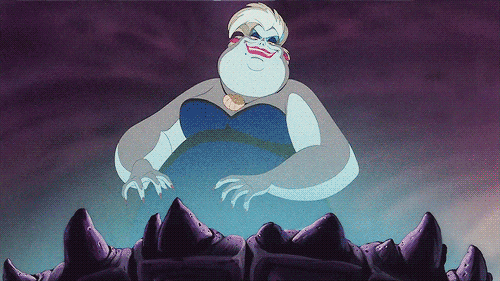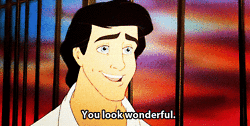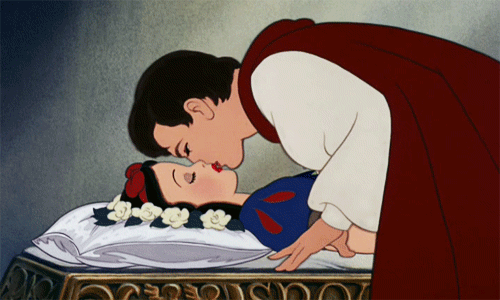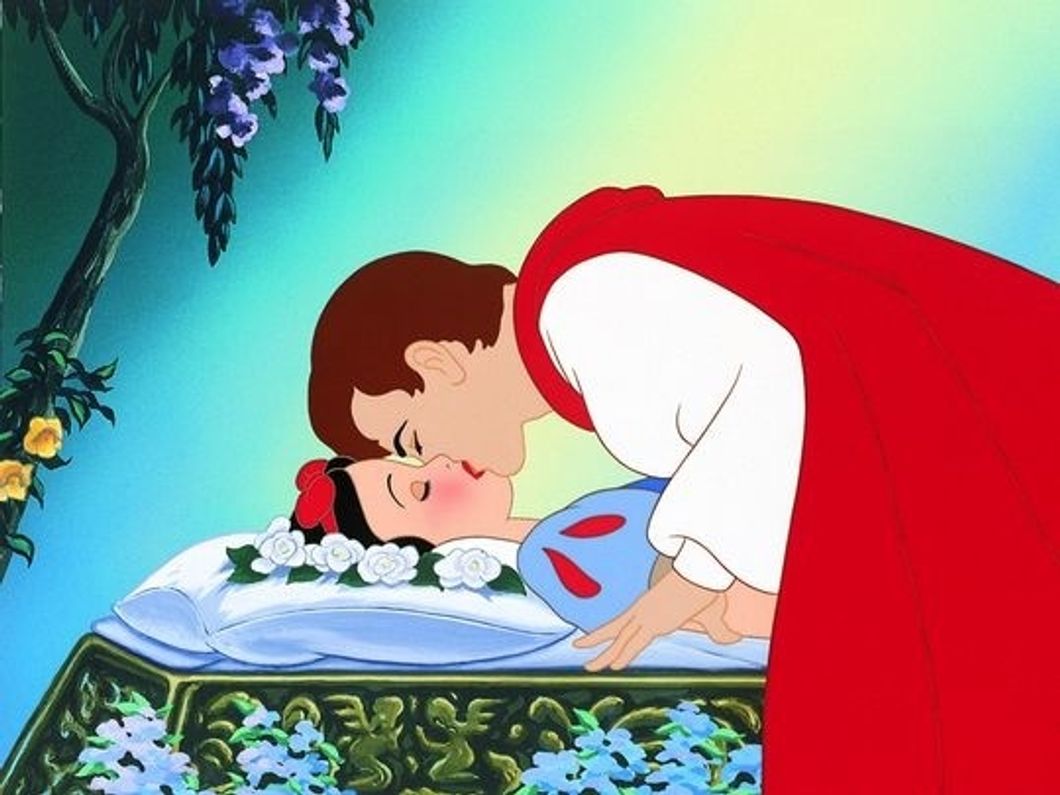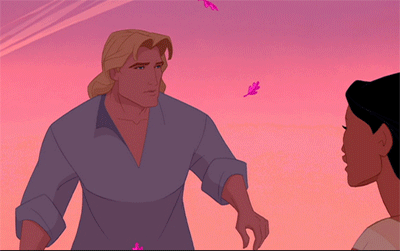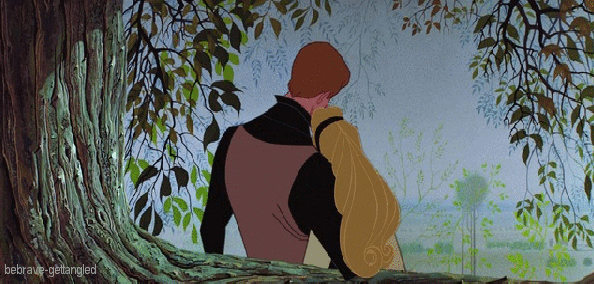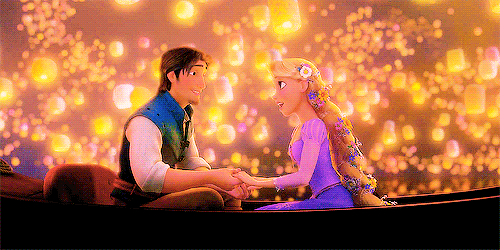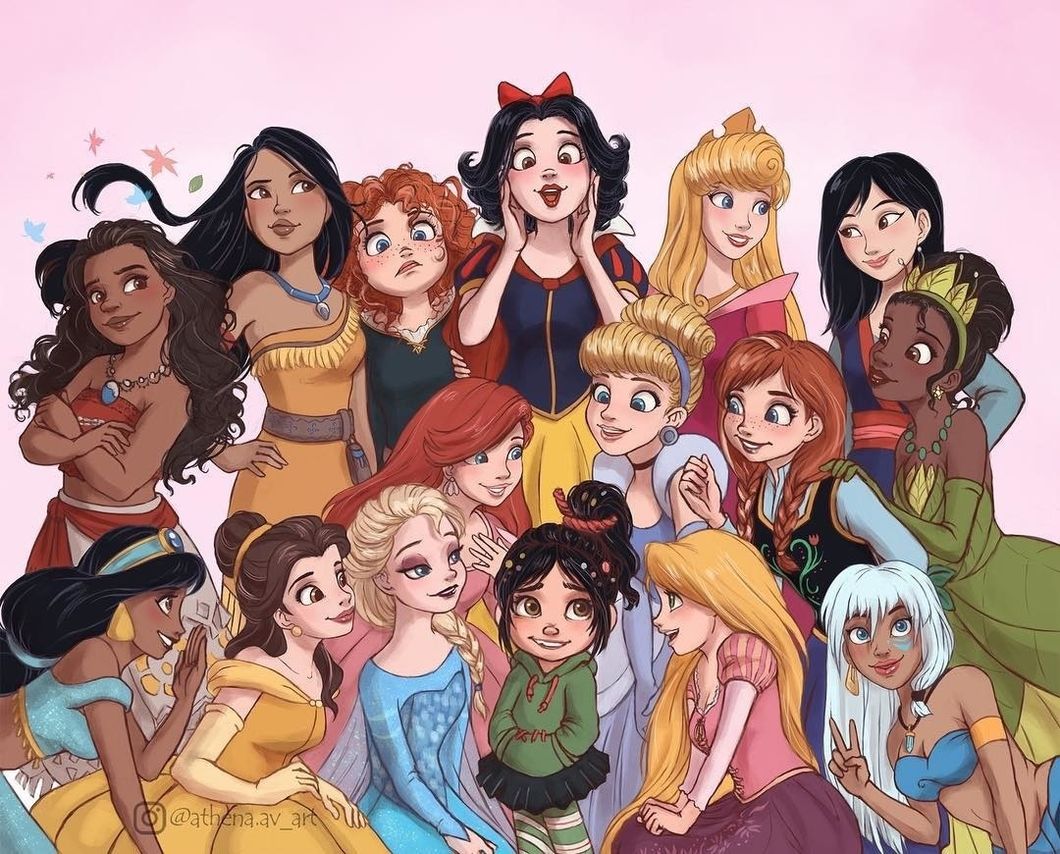Early Disney Princesses Really Tried To Ruin It For Women
The early Disney princesses are the very models for female oppression and the consequences are no surprise.
It is common knowledge that Walt Disney was not a feminist, and that, my friends, is an understatement. But if you didn't know that, a marathon of the old Disney princess movies would clear it right up for you. Starting in 1937 with Snow White and the Seven Dwarfs, he made it abundantly clear exactly what a woman's place was in this world. She was made to wait on men or a prince to make her happy.
And her female relationships were just not healthy. The evil queen only hates Snow White because she's more beautiful than her and tries to poison her to kill her because of it. (All of the powerful feminine characters in the early films up through 1989 with the introduction of Little Mermaid, were "evil" because you should never try to be a powerful woman who knows what she wants.)
Let's talk though about Snow White's role to these seven little miserable, disorganized, unkempt men. Her chief responsibility is to care for them despite how grumpy, irritating, or messy they might be, and to do it while cheerfully singing a song. It doesn't matter how grumpy or lazy these men are, Snow White, you must put up with them and tend to their needs while whistling a happy tune and being followed by songbirds.
One of the real problems with most of these early Disney movies is the compelling need for a prince. Snow White sings by a well, in a wishing song (a common theme of these earlier movies—remember Ariel's famous wish to be human?) Snow White sings, "I'm wishing for the one I love to find me today, I'm hoping and I'm dreaming of the nice things he'll say." It's all about the prince. That's all she needs, and life will be complete, right?
And then, when that evil woman does poison her, Snow White is so pretty that the dwarfs put her in a glass coffin and she becomes helpless to do anything but wait for a prince's kiss. Again, our daughters' role model is a helpless woman whose future is entirely out of her hands. Cinderella has to wait for the prince to find her, but once he does, oh her life is happy again! Ariel is the worst example in this motif, as she sacrifices her very voice to win over the prince and when falling in love, he has nothing to go on but her beauty—forget about brains, little Arielle—you won't need them apparently.
These princess stories are enough to banish them from my household—little girls should not be raised on these examples. These messages are subtle and dangerous. You need a man to be happy. You should put up with men who act awful (tame that Beast), and be sure you are sweet no matter what. Only beauty really matters. C'mon, people! We can do better.
We watch our little girls get obsessed with these stories and then we wonder about the high incidence of date rape or women suffering in abusive relationships. We look at the rise in eating disorders and teen suicide and we don't question the saccharine-sweet, helpless role models we've given our youngest, most impressionable female citizens.
Even Disney seems to be waking up to the stereotypes they have imprinted on our female culture. The latest princesses are getting stronger and more authentic. Merida in 2012 fought for her own hand, refusing to be married; she became her own hero and mended bonds with her mother in the process. Moana, in 2016, didn't need a prince. She was in control of her own fate and happiness—a prince didn't even make it into the storyline.
Disney, we need more stories like this.
We need stories about Malala, and Princess Diana, and Amelie Ehrheart, and Ruth Bader Ginsburg, and Ada Lovelace, and Harriet Tubman, Senator Elizabeth Warren, and Joan of Ark. We need a freaking parade of strong women. We need to watch movies about these powerful women who changed history. We need our young girls to see that they can lead a revolution—they can be the change they want to see in the world.
Bring it on, Disney. Generation Z is ready.

